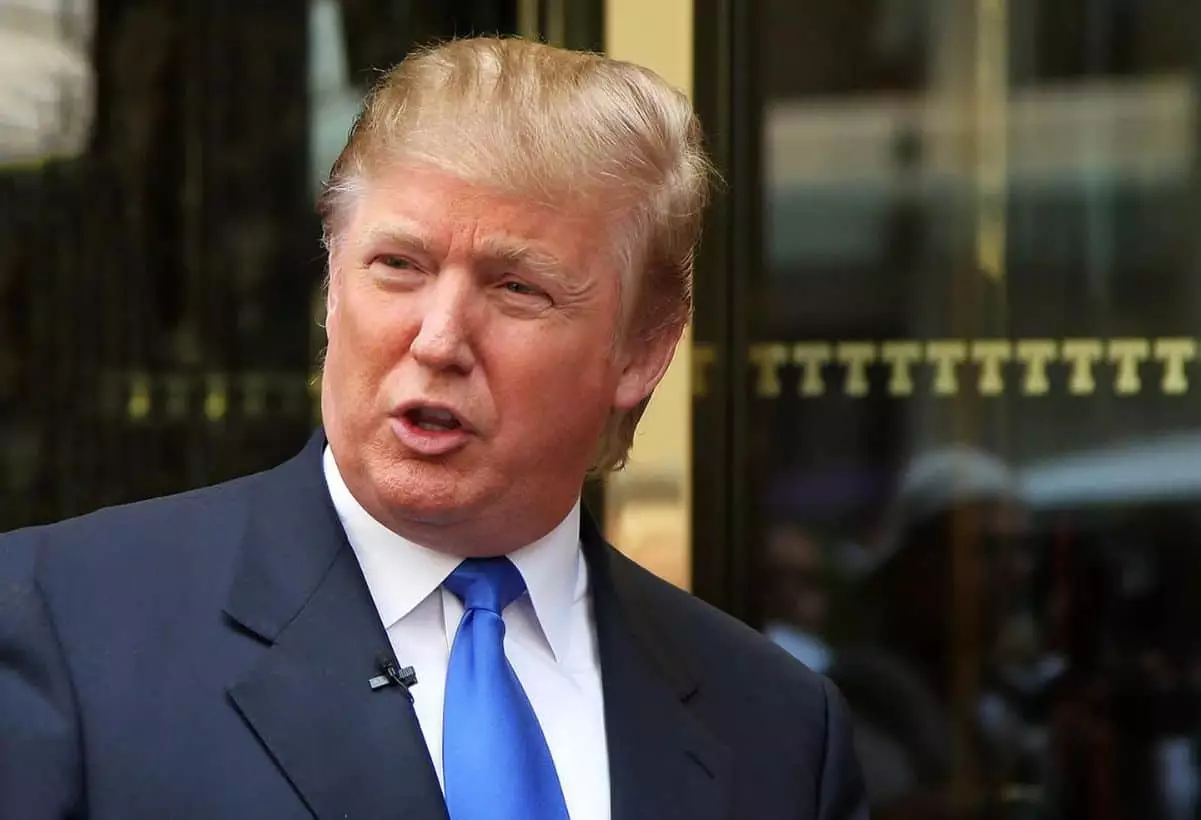In recent times, a fascinating yet troubling reality has begun to take shape—a burgeoning nexus between the Trump family and the world of digital assets. While mainstream narratives often cast cryptocurrencies as decentralized and rebellious, behind the scenes, powerful political and economic interests are consolidating their influence through strategic investments and institutional alliances. The latest move by Thumzup Media Corporation exemplifies this trend, signaling an emerging attempt to leverage digital assets for economic resilience amid turbulent markets. This company, publicly listed on NASDAQ, has announced plans to expand its Digital Asset Treasury, primarily for mining and blockchain investments. Such a move underscores a broader ambition: integrating digital currencies into the fabric of corporate strategy and, perhaps unwittingly, consolidating political influence through financial dominance.
The $50 million capital raise, directed toward acquiring established cryptocurrencies and infrastructure, is not merely a business expansion but a calculated step into an arena riddled with potential pitfalls. When a company with ties to a political family reinforces its holdings in Bitcoin, Ether, and other major tokens, it doesn’t just increase its financial resilience—it subtly infiltrates the critical infrastructure of the new digital economy. The fact that Donald Trump Jr., a prominent figure close to the President’s inner circle, publicly disclosed his investment in Thumzup intensifies suspicions: these are not isolated corporate gambits but part of a larger, intertwined web of influence that blends political interests with financial power.
Crypto as a Political and Economic Weapon
This confluence of corporate strategy and political influence raises serious questions about the future trajectory of the American economy. By stockpiling cryptocurrencies, the Trump-linked entities appear to be setting the stage for a new form of economic leverage—one rooted in digital assets yet steeped in traditional power structures. Holding hundreds of millions of dollars worth of Bitcoin and other tokens is no trivial affair; it signifies a step toward decentralized assets becoming a central arsenal in the toolkit of political operatives seeking to preserve influence amid shifting economic realities.
Furthermore, their association with ventures like World Liberty Financial amplifies concerns. This DeFi firm, which the Trump family is intertwined with through co-founded initiatives, has launched its stablecoin and a meme coin that has experienced dramatic volatility. These tokens serve as both symbols of dominance within the alt-coin universe and tools to sway public sentiment and market stability. Market caps exceeding $2 billion reveal how speculative assets are inching closer to mainstream economic corridors, blurring the lines between traditional finance, political influence, and digital speculation.
What’s alarming is that this relentless accumulation of digital assets is happening under the guise of strategic corporate growth, but it also hints at a larger plan—shaping a financial landscape where political factions wield control not through conventional power, but via market dominance in emerging digital assets. The danger lies in the potential for these assets to become tools for influence—either through monetary pressure or by subtly steering the narrative in favor of specific political interests.
Implications for America’s Financial Sovereignty
The ascent of a crypto-savvy political team signals more than just financial diversification; it reveals a shift that could undermine America’s long-held financial sovereignty. When powerful figures leverage the early-stage digital economy to amass assets and influence, they embark on a path that risks centralizing control in fewer hands—fewer, perhaps, that are already close to the levers of political power.
This scenario is especially unsettling because it undermines the foundational principles of decentralization and free markets that the United States ostensibly champions. Instead, what we see emerging is an intertwined ecosystem of political figures, corporate entities, and uncontrolled digital assets—a veritable gold rush with no clear regulatory oversight. As these entities expand their holdings and influence, the risk of digital asset markets becoming manipulated tools rather than open platforms diminishes, threatening the integrity of the entire financial system.
The real concern is that such concentrated control could lead to a new form of digital oligarchy, where political influence is tethered to crypto holdings and blockchain power. This shift represents a fundamental challenge to the principle of a balanced, transparent economy—a danger that center-right leaders must acknowledge and confront before the digital wild west transforms America’s economy into a fragile house of cards built on speculative assets and hidden influence.

